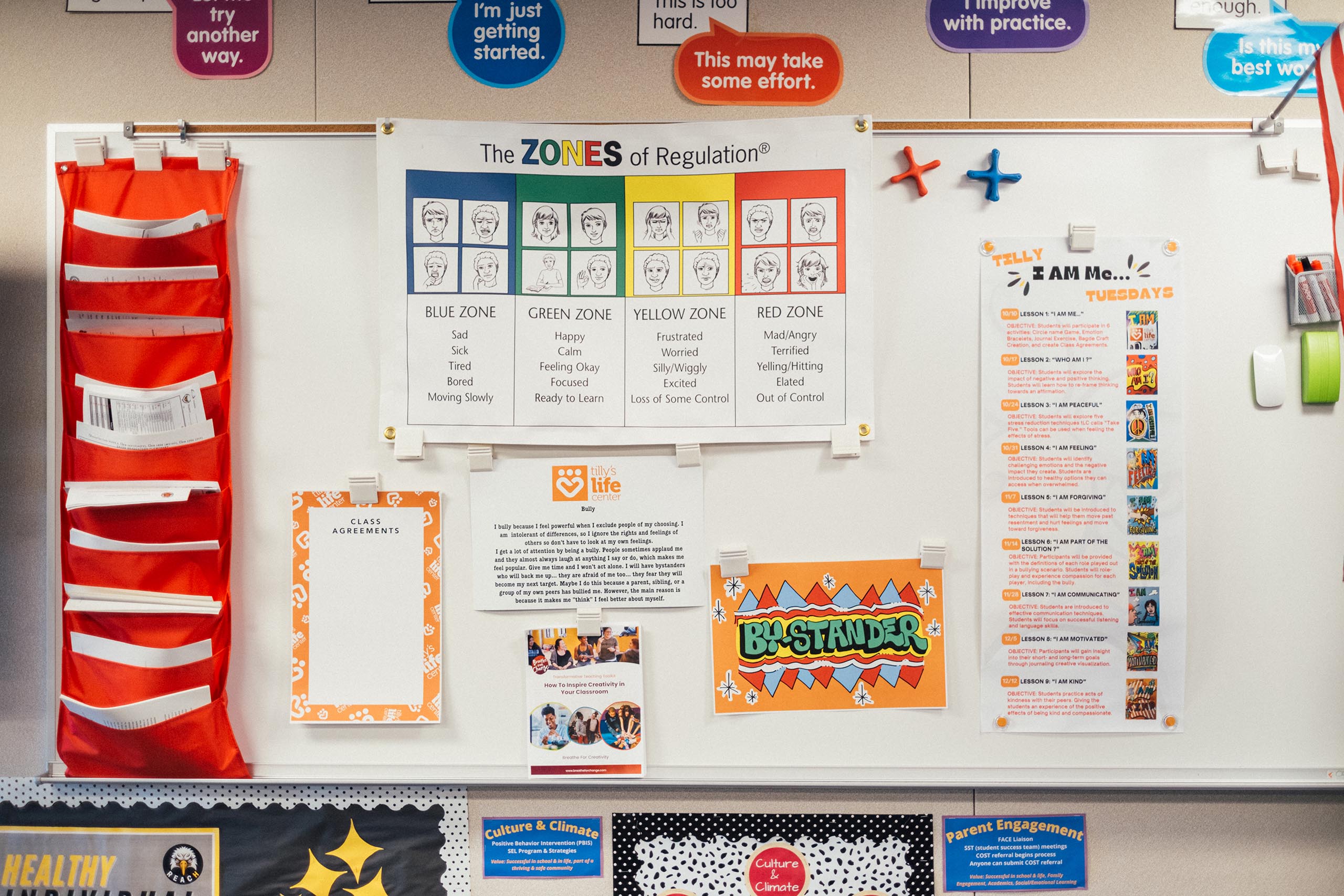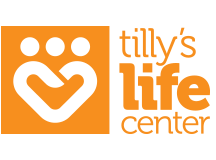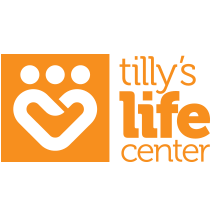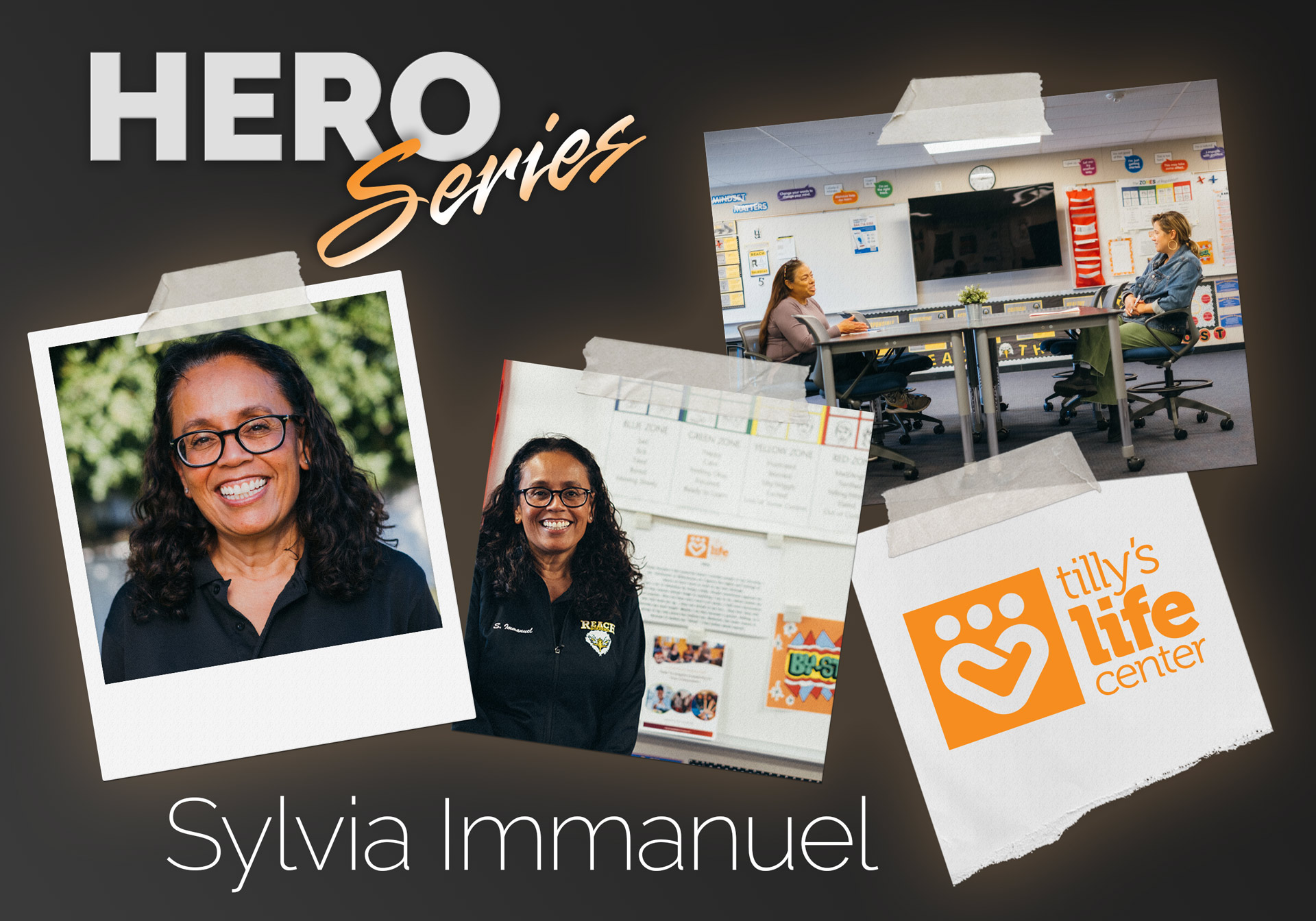
10 May The Hero Series: Mrs. Sylvia Immanuel & Mrs. Aida Espinoza
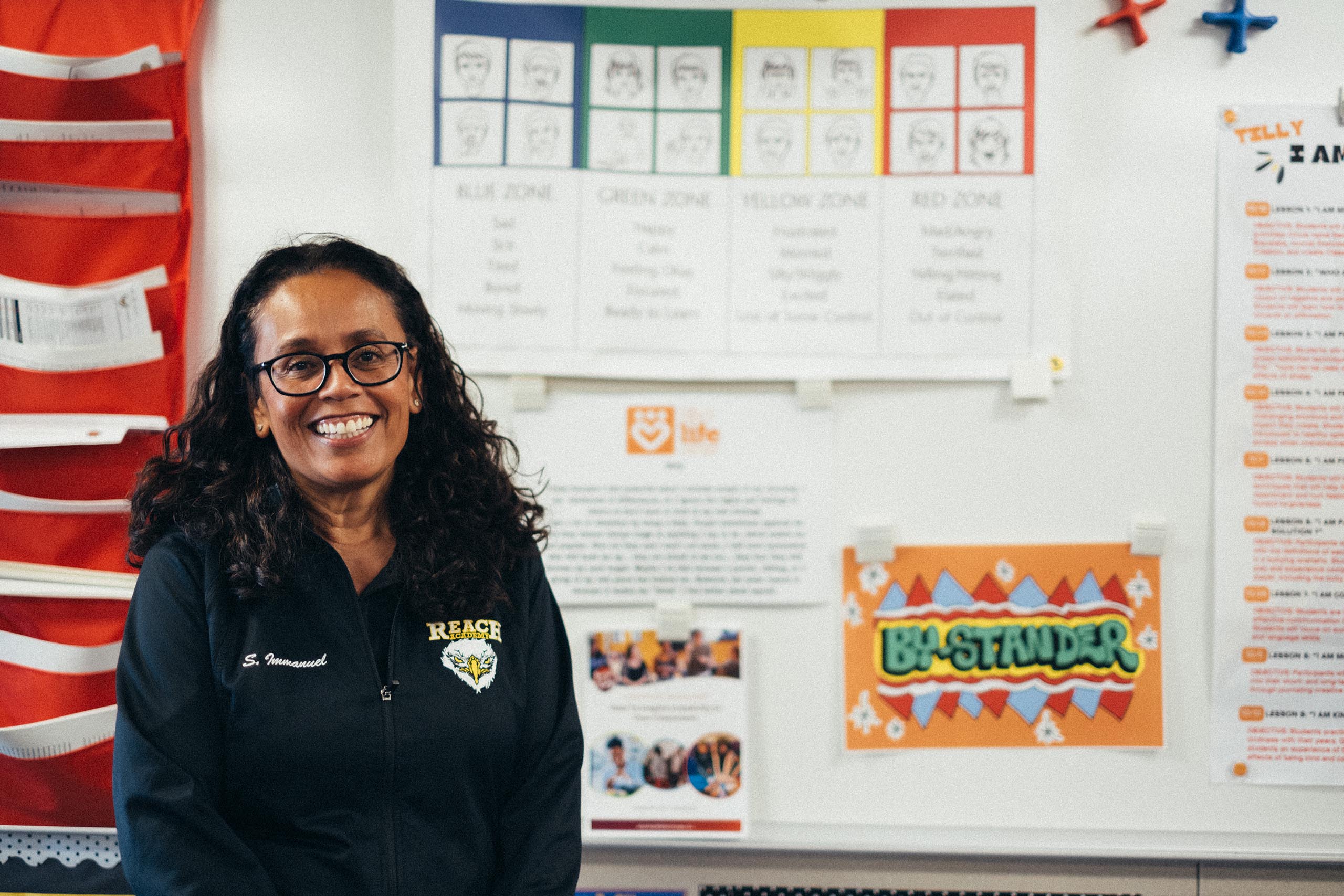
REACH Academy
Santa Ana Unified School District
Santa Ana, CA
Their TLC Connection:
Mrs. Aida Espinoza, an education specialist at REACH, learned about TLC in 2022 when she received a flyer for TLC’s One-Day SEL Summer Institute. Upon attending the 2022 Summer Institute, she then worked with the TLC Team to organize a full-day training for her entire staff at REACH Academy in the Fall of 2022. After the training, members of the staff ordered TLC supplies and began implementing TLC’s “I Am Me” curriculum every week on “Tilly’s Tuesdays” during 5th Period. Since then, Aida and another education specialist at REACH, Mrs. Sylvia Immanuel, have taken the lead in ensuring the TLC Program is successful. They have applied for and received grants from TLC for two consecutive years.
Population Served:
REACH Academy serves “at promise” youth from 7th – 12th grade.
School Description:
REACH Academy is a Community Day School that serves students who have been expelled, have been referred by an Orange County school or a probation office due to behavior, have attendance and/or performance issues, and/or
other youth at high risk.
How They Are Using Their Grant:
Aida and Sylvia have used their TLC grant to purchase prizes and food for their weekly Friday Raffle. Students are rewarded with a raffle ticket when they make “positive choices” or practice a skill learned during their “Tilly’s Tuesday” class. Every Friday, there is a school-wide ceremony and raffle where students are recognized for their positive choices.
Below are excerpts from an interview with Mrs. Sylvia Immanuel. At TLC we know that without leaders like Sylvia & Aida, students will not receive the social-emotional support they need.
Q: What brought you to REACH Academy and your work in education?
A: Never in a million years did I think that I would be in an alternative school setting. I had imagined myself in a kindergarten class teaching littles. But one thing led to another, and after being a BTSA coordinator for new teachers, then earning a credential in Special Education, I ultimately ended up at REACH because they were looking for someone like me that also was a literacy specialist. After my first year at REACH I was frustrated – it was hard to not take students behavior and struggles personally. I told my principal, Ms. Hinshaw, that the population at REACH was not for me; which was crazy to think of now, because that was the same year I was awarded Teacher of the Year. Despite the award and praise, I felt out of place. Ms. Hinshaw gave me two pieces of advice that convinced me to stay, and I am so very grateful that she did. She told me “If you are going to leave, make sure it is because you are running towards something you want, not running away from something you are struggling with.” And regarding my frustration with students, she said, “it’s never about you, it will never be about you.” That was a lesson that took me a while to learn. Thinking about it now, I wouldn’t trade my experience at REACH for the world.
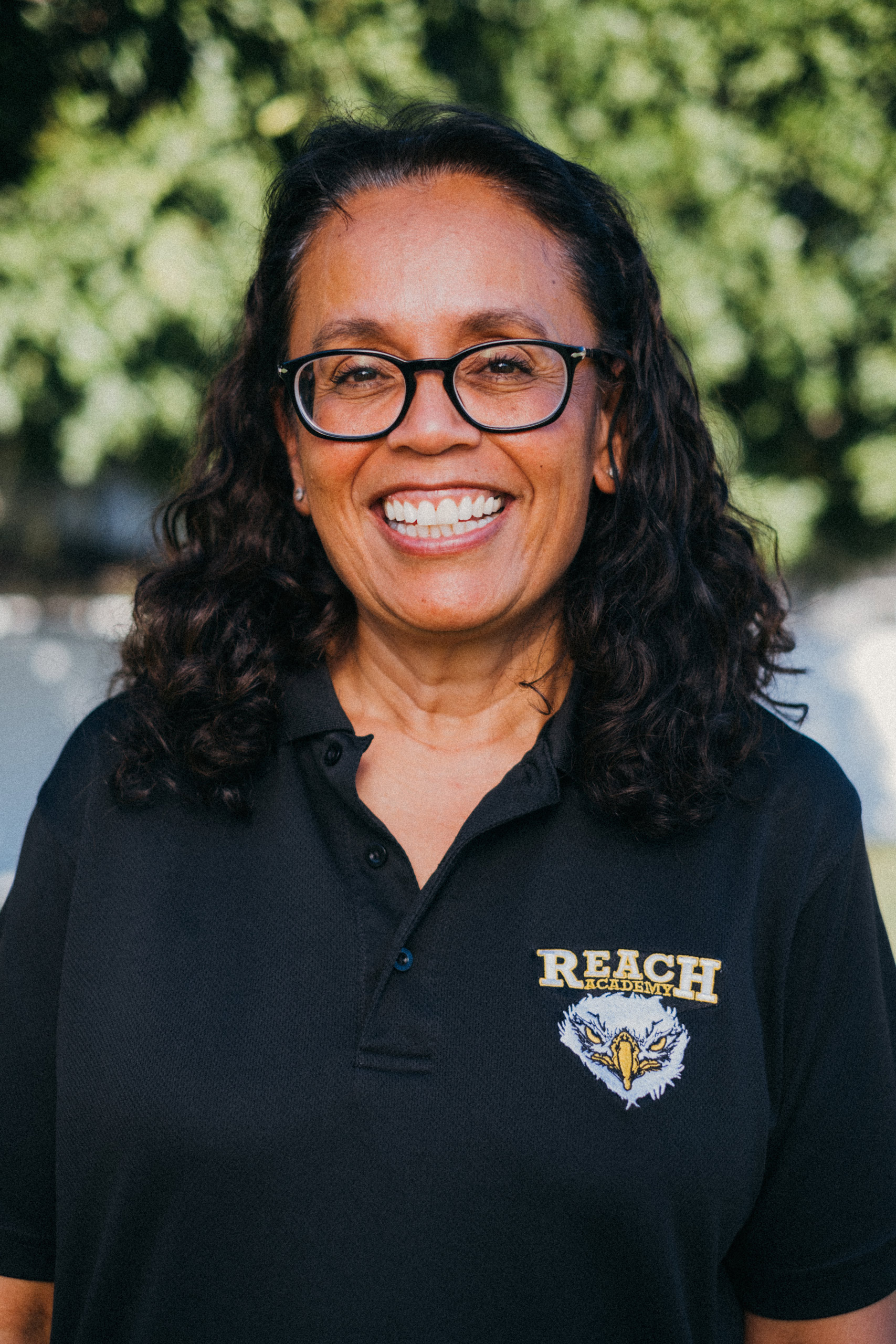
Q: What do you love about REACH Academy? What makes it special?
A: More than anything, I have come to appreciate the students – seeing their resilience is something special. The fact that they continue to show up after all the things they have been through is unbelievably special. The students at REACH are also incredibly loyal. Once you’ve earned their trust, they will back you like there is no tomorrow – stepping up to guide new students and being an advocate to help you connect with others. Most adults have failed our students, so when they see that you are honestly there to support them, their walls come down and they will do anything for you.
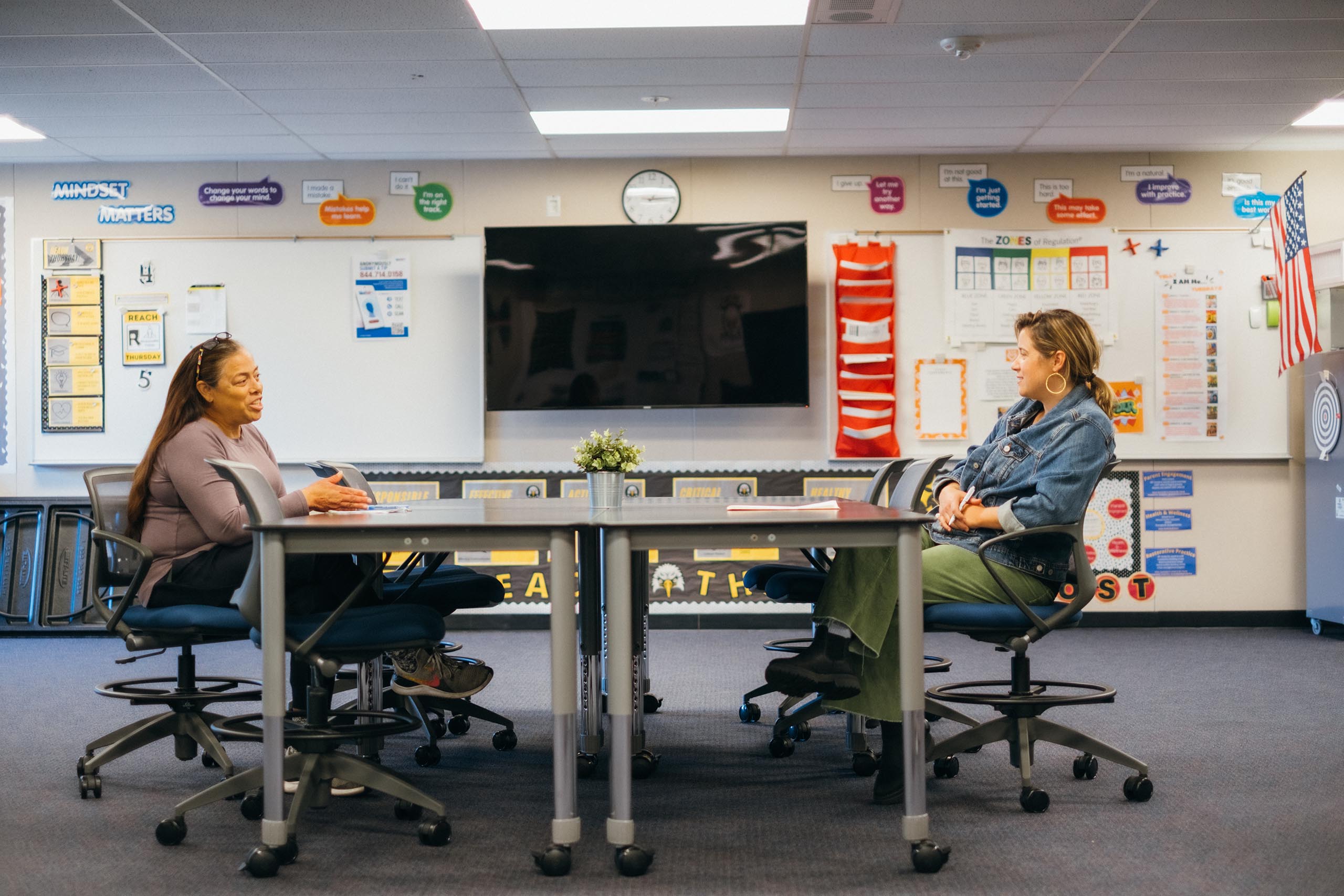
Q: How would you describe social-emotional learning (SEL) to people that don’t work in education?
A: When communicating with individuals outside the education field, I often refer to Social Emotional Learning (SEL) as “Emotional Intelligence Development” or simply “Life Skills Training.” This helps convey the importance of these skills beyond academics.
Q: What accomplishment are you most proud of in your educational career?
A: Probably that I have been able to build strong relationships with teachers and families. It can be difficult to get the support of colleagues when initiating new projects. Getting everyone on the same page to collaborate can also be a big challenge. I am proud of my success in leading different PBIS and SEL initiatives. I think my ability to build relationships has contributed significantly to the school’s sense of community.
Q: If you could reimagine what schools look like and your role in them, what would it look like?
A: I guess… it would be for schools to be less institutional and to better reflect the world students are experiencing. When I say institutional, I am referring to the sterile design of classrooms. I would love to see student spaces that somehow reflect the changing world. Our current classroom design hasn’t changed much in the last century and doesn’t seem to inspire our youth. I also would envision a more collaborative and flexible role for educators, allowing them to adapt to the diverse needs of students and explore innovative teaching methods. I would also advocate for a more holistic approach to education, one that integrates SEL into the core curriculum.
